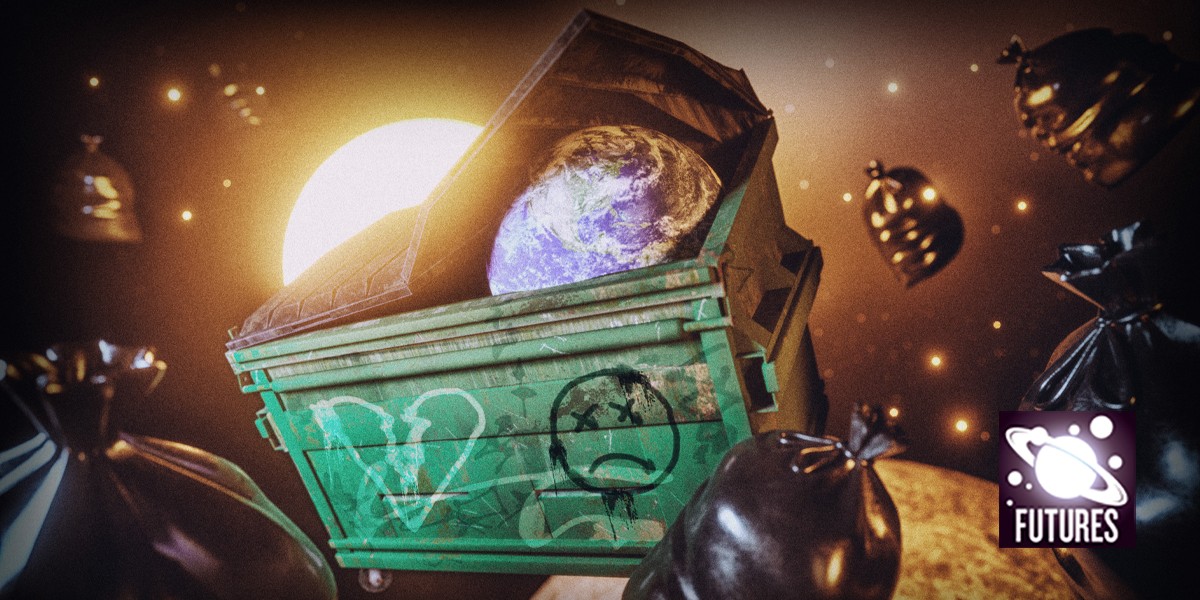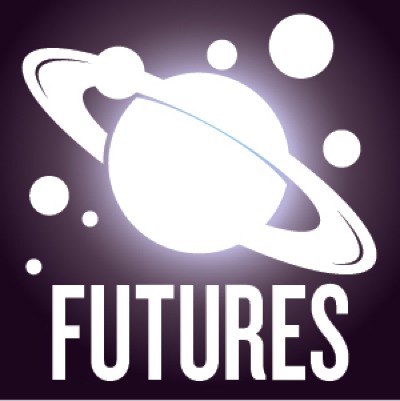“Fire day! Fire day!” Roger chanted, the other kids joining in. Elo shrank in her seat. She’d already dreaded today’s assignment, and Roger had to make everything worse.
“Stop that!” their teacher, Mrs Hernandez, snapped as she entered the room.
“But it’s finally the end of the unit on 2036!” Roger bounced in excitement. His father was captain of the orbital, and Roger declared on a regular basis that he’d be captain some day, too. His family had held command since the orbital’s launch. “And it is ‘Fire Day’. It says so on the overlay. We know what happens. Golden Oak burns down.”
The class had spent months studying what happened on Earth almost a century ago by closely examining one California town through videos, pictures, diaries and news stories. Elo could recite the names and life stories of dozens of residents by heart. She knew and loved their pets, too. Even though she logically understood everyone in town was long-dead, she felt like she was losing dear friends.
“Yes, we know the town burns down,” Mrs Hernandez said with the patience Elo admired, “but that’s not something to celebrate. You’ve studied climate change through its effects on this one place so that you can understand what individuals endured — what your own families endured, wherever they lived back then.”
Mrs Hernandez was trying so hard to get through to the class, but weeks ago, the others had quietly declared the study to be “stupid and boring”. That history was boring. That Earth was boring and filthy, a place for people too poor to escape to orbitals. A few days ago Roger had commented, “We might as well be studying the contents of a trash can.”
Read more science fiction from Nature Futures
Elo knew Earth had problems, big ones. Sometimes the typhoons, wildfires and war damage were even visible from their classroom window. Her parents said, way too often, that they were fortunate to live where they did. Elo loved her home orbital. She’d never known anything else.
But Earth was where humanity originated. That mattered. It had to. Just as Golden Oak mattered.
A soft tone signalled the lesson’s start. Images and voices from 100 years ago filtered through Elo’s neural implant and filled her vision.
The fire was started by lightning in the canyon outside the town. Footage depicted the smoke and chaos, the speed of the wind and flames. Hunched over, 80-year-old Annadee Williams escaped her trailer with her cat clutched against her chest with both arms. Siblings Maria, Raymond and Aaron had just got home from school when they had to flee their canyon home on bicycles that soon rolled on rims, after the burning grass caused the rubber tyres to melt.
“We’re OK,” Maria told her mother when they were reunited later in an evacuation centre. They’d lost everything, but they still had each other. Their smiles were wobbly but sincere.
“Now, begin with the first question.” Mrs Hernandez’s voice, though soft, felt like an intrusive scream. “Why was Golden Oak abandoned after the fire?”
That answer was stated plainly in the conclusion: if people had rebuilt, they wouldn’t have been able to get home insurance, meaning that if the town burned again or some other bad thing happened, people would lose everything without any compensation. Elo transcribed her answer with concentrated thought, tears in her eyes, and went on to the next one, and the next. Other kids began to leave, finished. She kept going.
As she mentally submitted her exam, she became aware that she was the last one seated. Mrs Hernandez stood over her. “Are you OK, Elo?”
“Not really. No,” she said softly.
“It’s OK to not be OK.”
Elo shook her head, unable to articulate her feelings. “Golden Oak died. People died! I get so mad at the others, how they don’t care.”
“You can’t force people to care.” Her smile was sad. “That’s why it’s even more important that you do, as lonely as it can be at times. Compassion is power, especially if you back that with action.”



